Politics, as it goes, is a battleground of ideas, policies, and, often, conflicting perspectives. Former U.S. presidential candidate Hillary Clinton recently found herself in the midst of a heated exchange, not on an electoral platform, but at Columbia University’s event commemorating the 75th anniversary of the Universal Declaration of Human Rights.
The Interruption
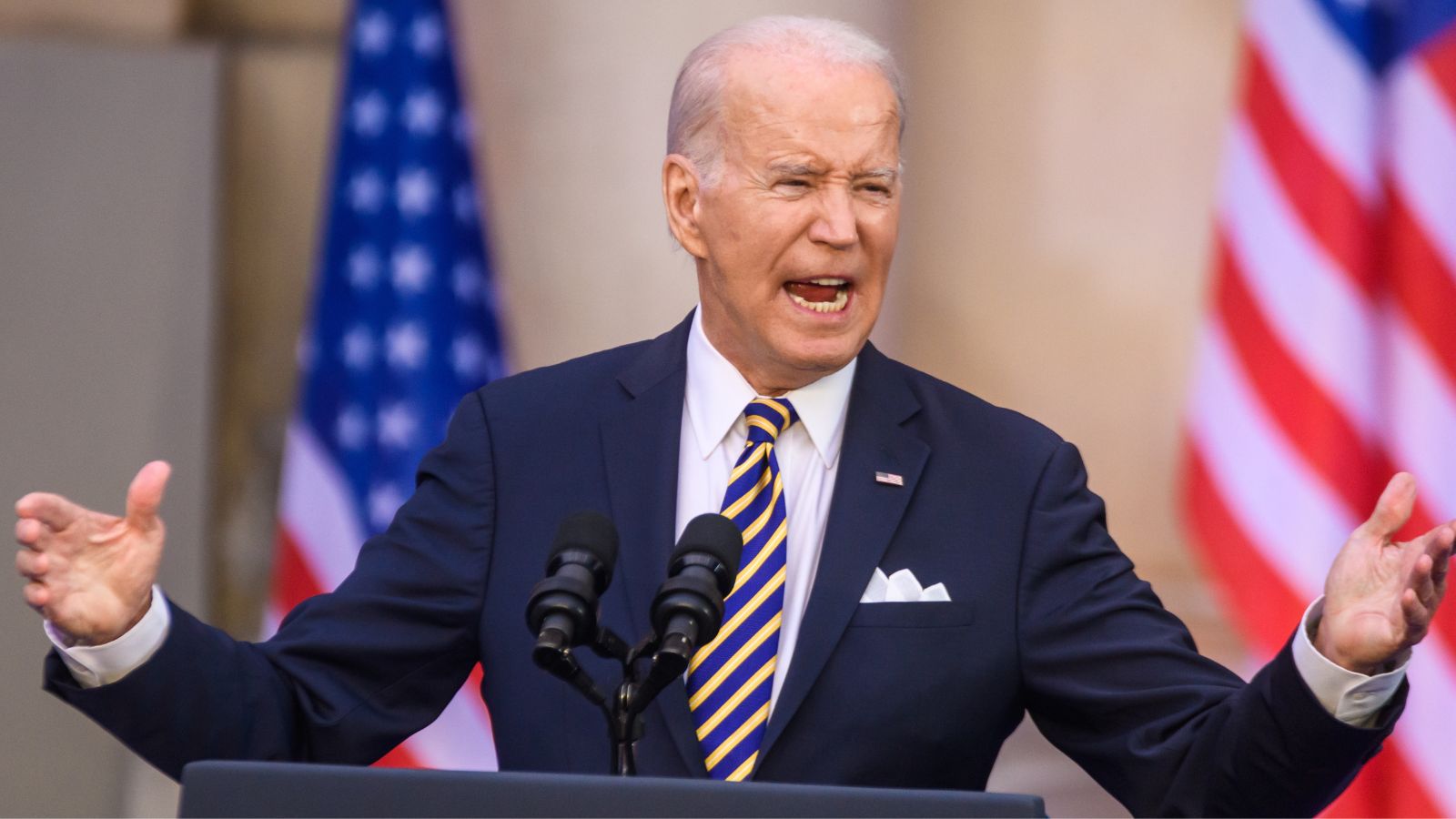
It was at the University that a fervent heckler confronted Clinton, demanding her stance on President Joe Biden’s recent address. The interruption drew attention to the delicate yet pivotal relationship between political discourse and the exercise of free speech.
An Unexpected Turn
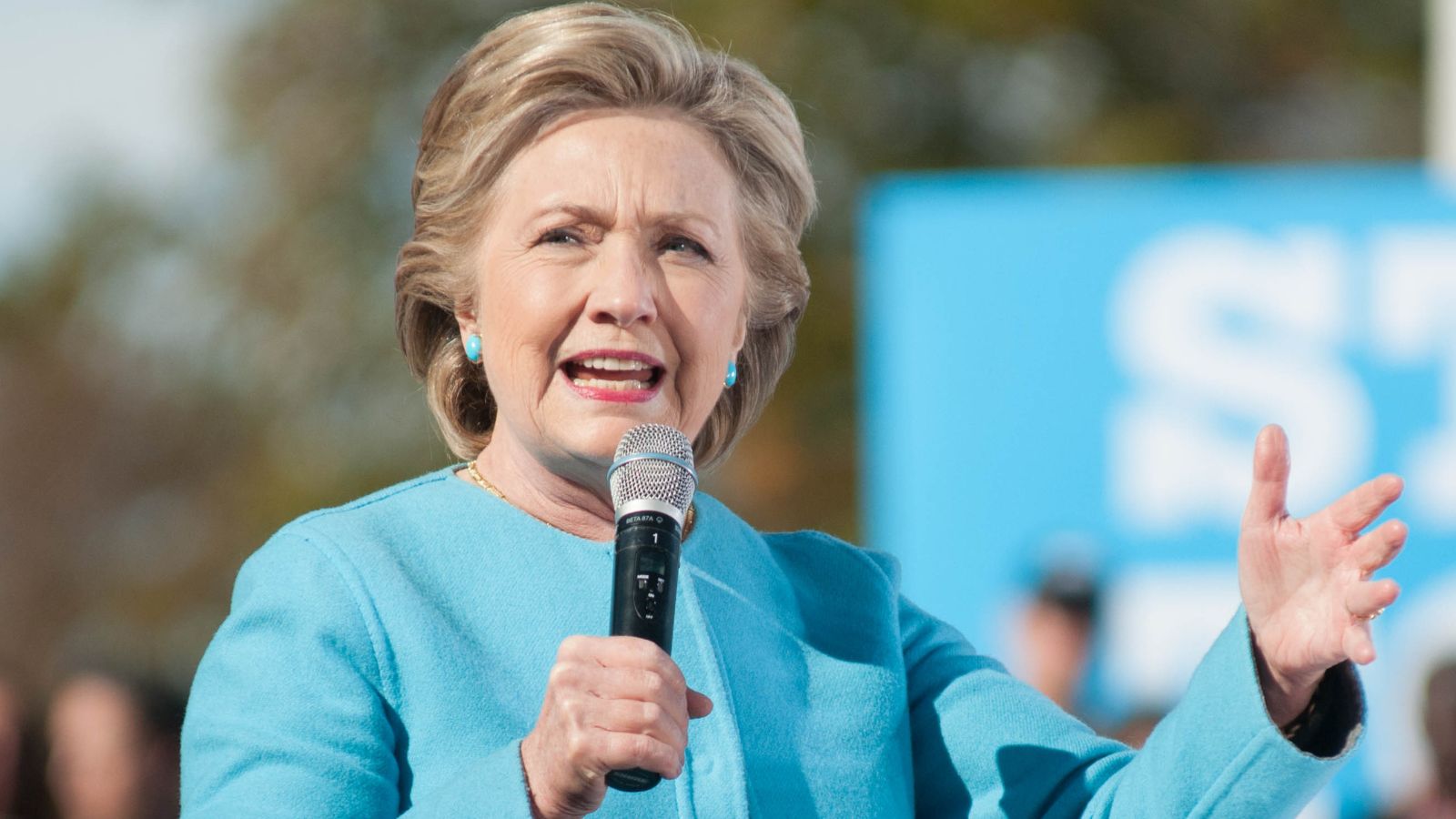
The event, which aimed to discuss the significance of human rights in today’s world, took an unexpected turn when an audience member vehemently sought Clinton’s response to President Biden’s proposal for funding military endeavors in conflict-ridden regions like Israel, Taiwan, and Ukraine.
Clearly Warmongering

The heckler labeled Biden’s speech as “clearly warmongering,” sparking a verbal joust within the halls of academia.
Disruptive Dialogue: The Clash of Opinions
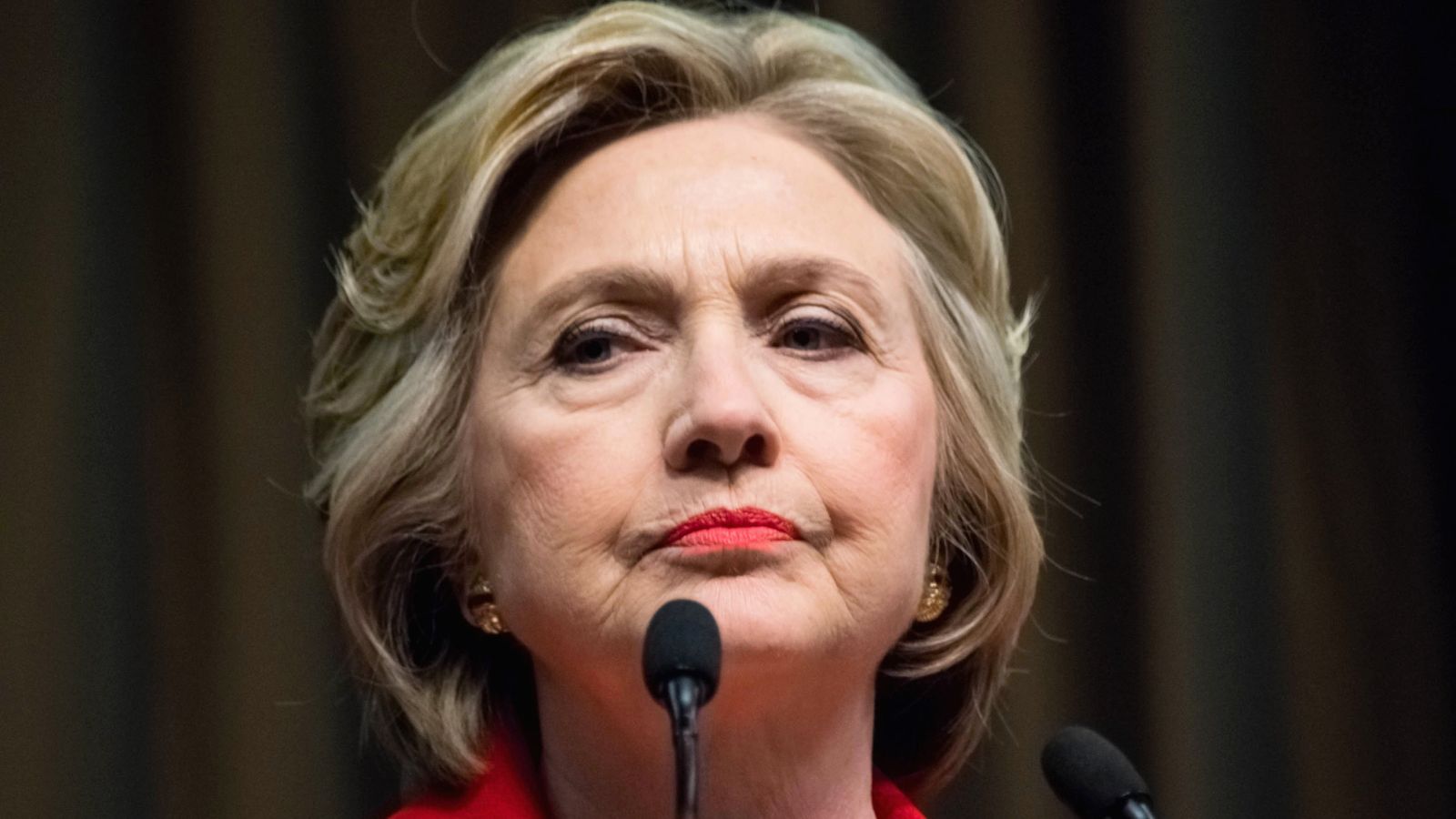
The confrontation, while disruptive, highlighted the clash between individual expression and the decorum of a public event. The impassioned heckler vehemently expressed his dissent, asserting that the American people’s voice was being drowned out, both by the President’s stance and, as he perceived, by Clinton’s silence.
Tense Atmosphere

“Can you please make a statement about President Joe Biden’s speech?” the heckler demanded. The atmosphere grew tense as the audience grappled with the competing notions of freedom of expression and the need for a structured conversation.
Navigating Disruption and Defending Decorum
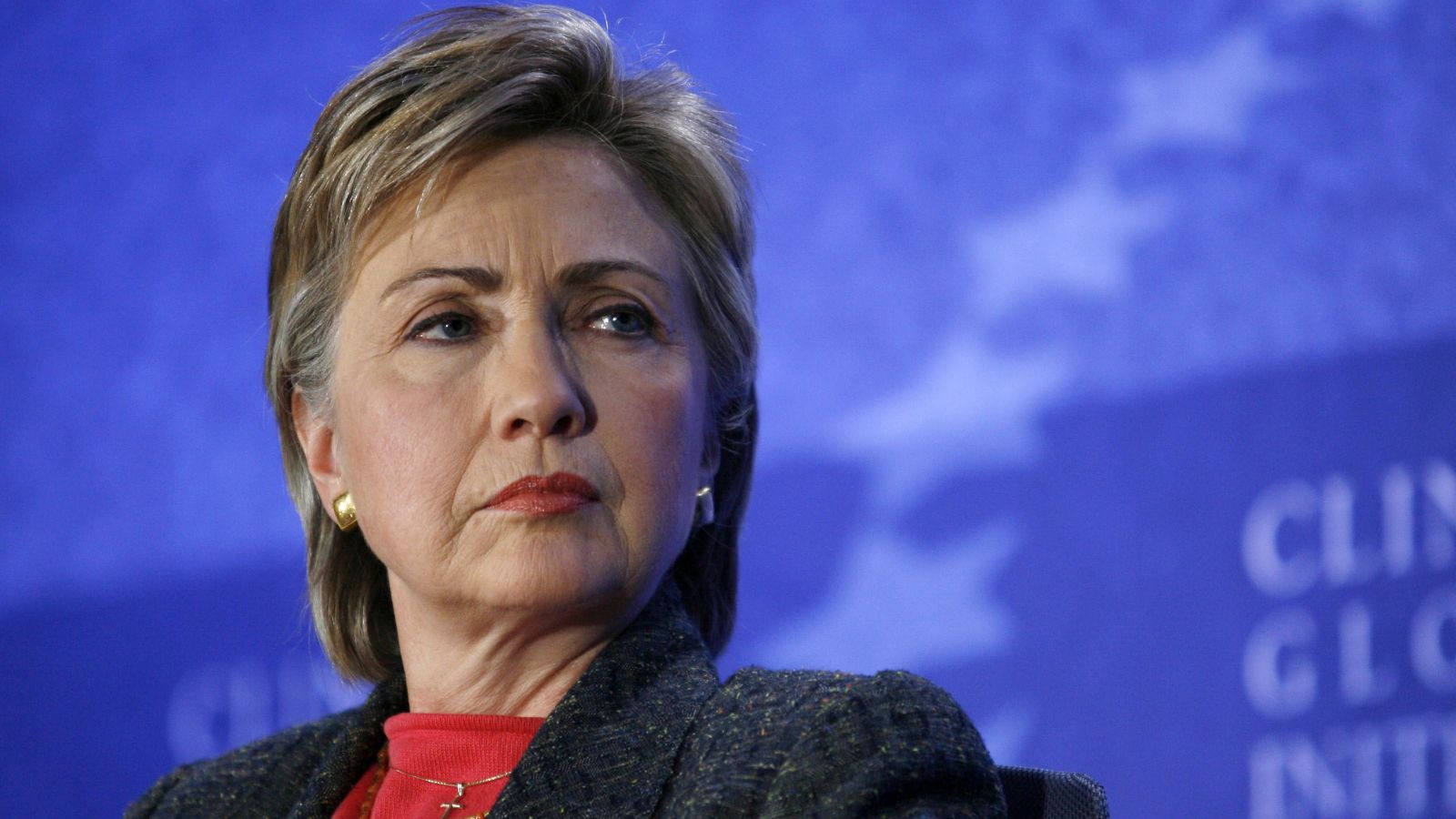
Clinton’s response to the interruption exemplified the delicate balance between acknowledging dissent and maintaining order. “This is not a way to have a conversation,” Clinton remarked, attempting to redirect the discussion back to a more controlled and respectful discourse.
Escalating Conflict

The heckler persisted, causing an escalating exchange of opinions and rights. As the situation escalated, the conflict between exercising one’s right to free speech and respecting the decorum of a public event became the focal point.
The Boundaries of Free Speech

Amidst the verbal altercation, the distinction between exercising free speech and disrupting others’ opportunity to speak became a contentious issue. Clinton pointed out, “But it’s not free speech when you’re disrupting everybody else’s opportunity to speech.” The heckler, however, adamantly defended his actions, claiming it fell under the umbrella of free speech, prompting an intense debate about the limits and interpretation of this fundamental right.
Political Discourse and Agenda Setting
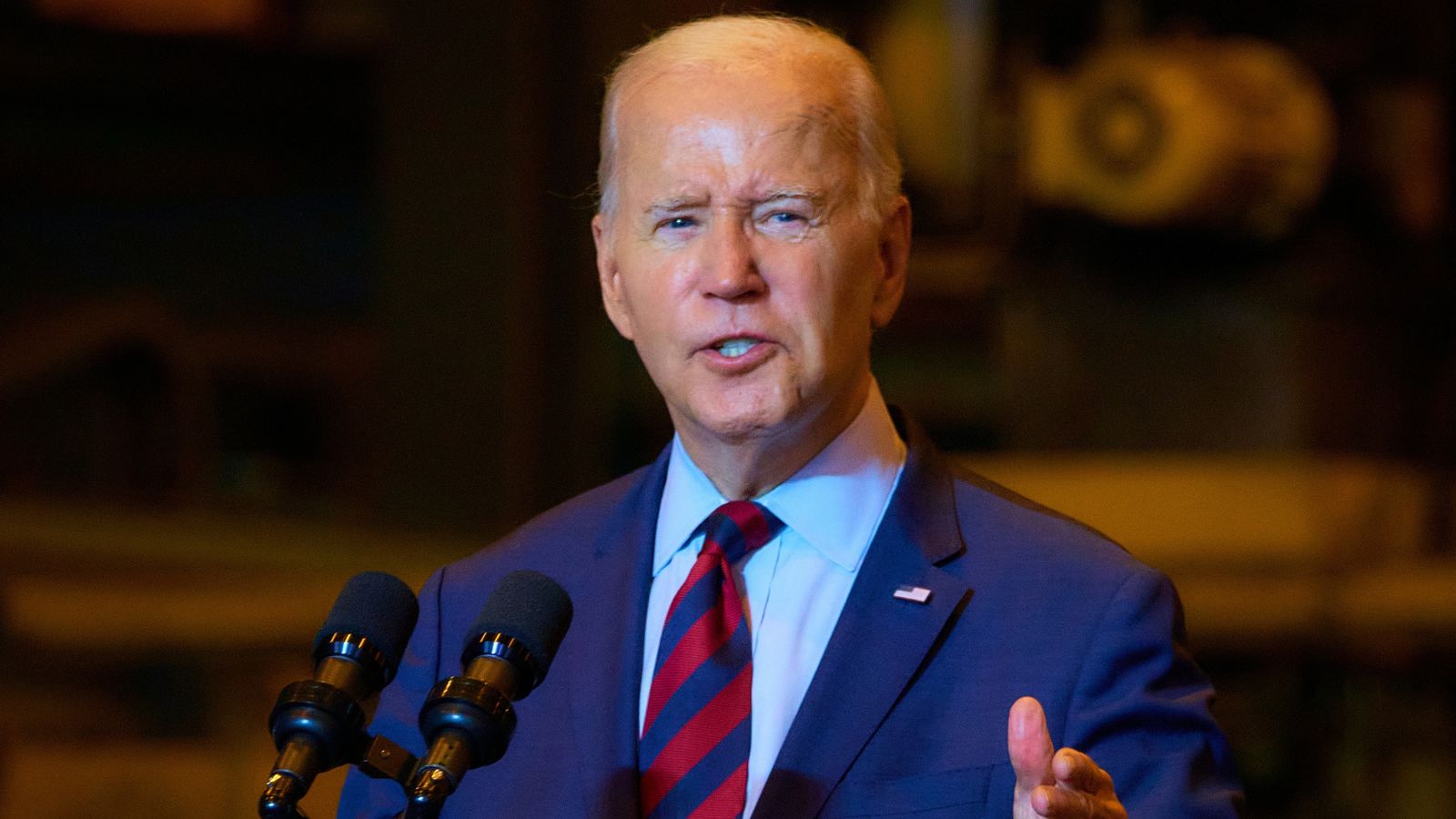
While the altercation predominantly centered around Biden’s speech, Clinton’s initial focus was on advocating a “name and shame” approach against nations perpetrating human rights violations. She emphasized the significance of shedding light on such issues, spotlighting the plight of Uyghur Muslims in China, despite the interruption.
Accountability and Awareness

“This is not something that goes unnoticed,” Clinton stated, underscoring the importance of accountability and awareness in addressing human rights violations. Her emphasis on the power of naming and shaming countries engaging in such activities was an attempt to steer the conversation back to the event’s core subject.
Naming and Shaming
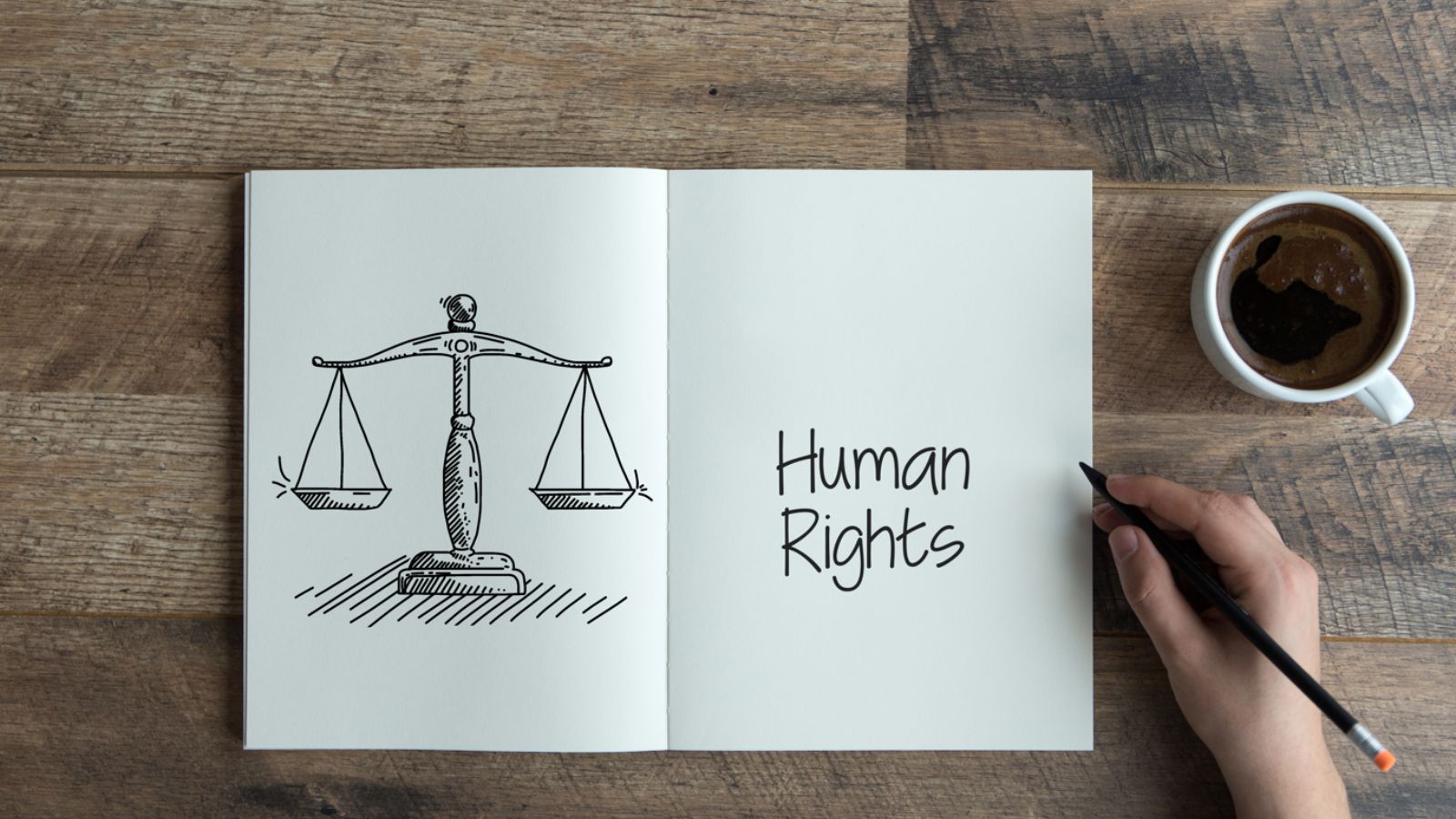
The approach of ‘naming and shaming’ is a strategy aimed at exposing and condemning human rights abuses, making it a potent tool for both non-governmental organizations (NGOs) and international bodies. This strategy, while not universally embraced, serves as a means to draw attention to injustices that might otherwise go unchecked or unaddressed.
Repercussions of Disruption in Civil Discourse

The incident at the event serves as a microcosm of the challenges inherent in public discourse. While free speech is a fundamental tenet of democracy, the disruption caused by the heckler brought to light the fine line between exercising this right and respecting the decorum and rights of others in a public setting.
Disagreement in Democratic Societies

Debates and disagreements are intrinsic to democracies, allowing diverse voices to be heard. However, managing conflicting viewpoints in a manner that allows for constructive dialogue without disrupting the discourse is crucial for maintaining the integrity of public events and conversations.
The Balancing Act of Civility and Dissent

The incident prompts reflection on the delicate balance required between accommodating dissent and ensuring a conducive environment for civil discourse. It underscores the importance of respect and decorum in public settings while also recognizing the imperative of allowing diverse voices to express their opinions.
Political Dialogue Amidst Tension

The clash at the event accentuates the charged atmosphere prevalent in contemporary political dialogue. While the focus was initially on human rights and global accountability, the interruption steered the conversation toward the complexities of political speech and the challenges of conducting civil discussions in today’s polarized climate.
The Ever-Present Challenge of Political Civility

The incident at the event mirrors the ongoing struggle within political discourse, underlining the ongoing challenge of preserving civility amid passionate disagreements. It emphasizes the need for a nuanced understanding of the rights of expression within the framework of public events and debates.
“Someone Else Is Running the Country for Him”: President Biden Accidently Reads Out Teleprompter Instructions During Speech
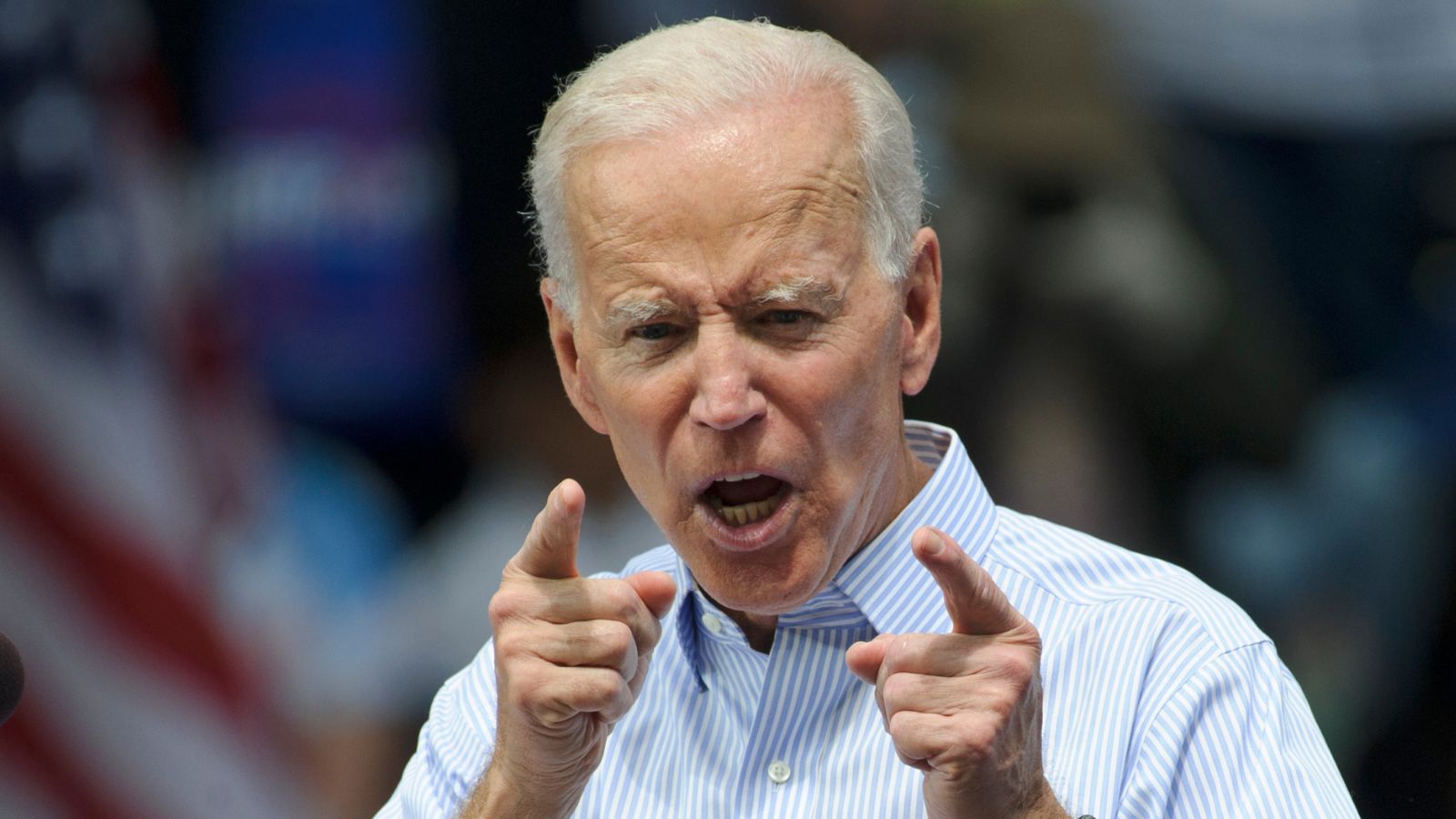
“Reverse Racism Doesn’t Exist, Idiot”: Biden’s Praise for Kamala Harris Raises Eyebrows
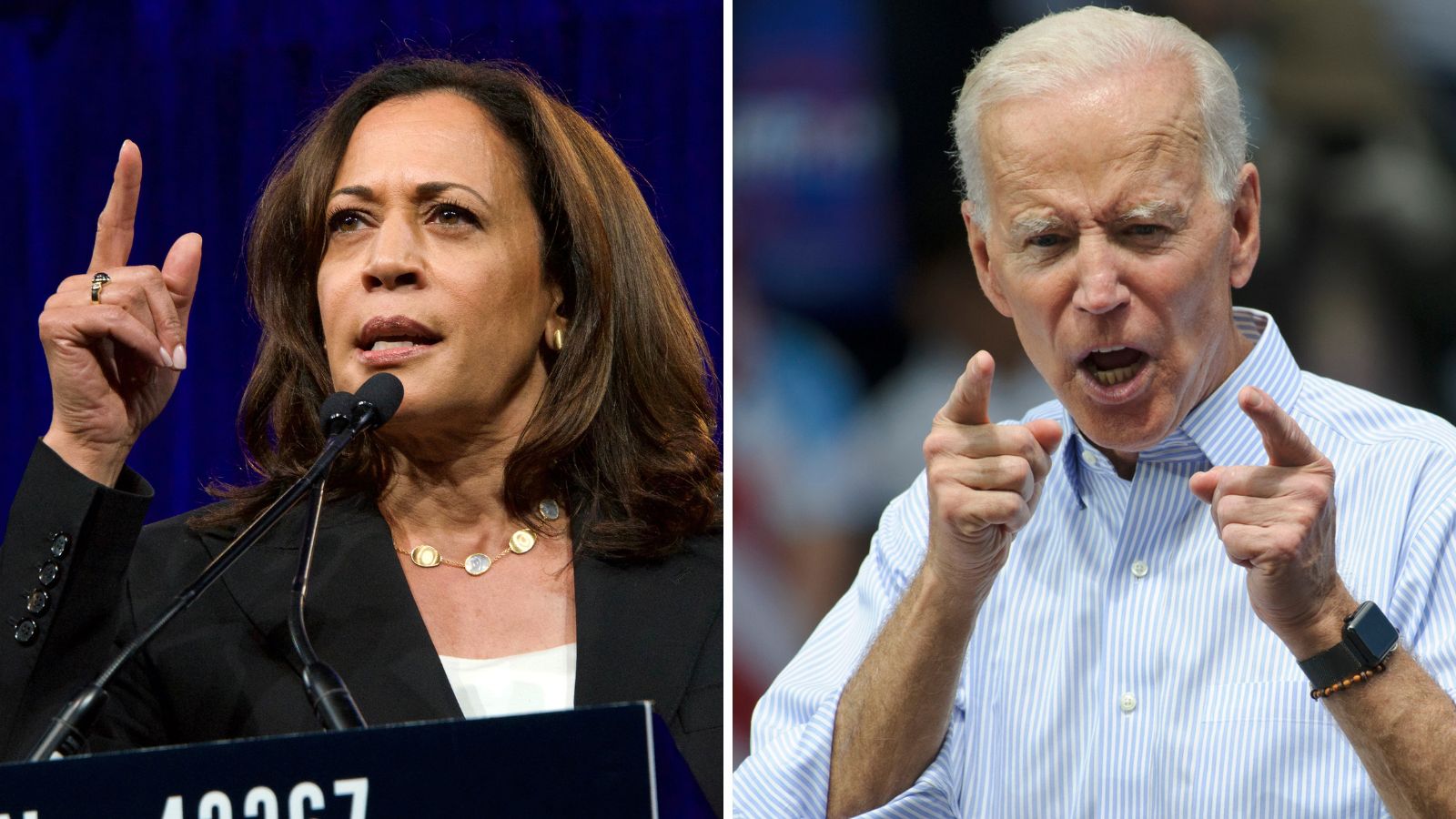
President Biden has claimed that Vice President Kamala Harris is fighting for freedom and that the Biden administration has rebuilt the economy. Understandably, his comments have left some people confused.
“Reverse Racism Doesn’t Exist, Idiot”: Biden’s Praise for Kamala Harris Raises Eyebrows
“I’d Like to See Him Pass a Polygraph”: Trump Fails at Basic Math and Rambles About Passing Meaningless Competency Test
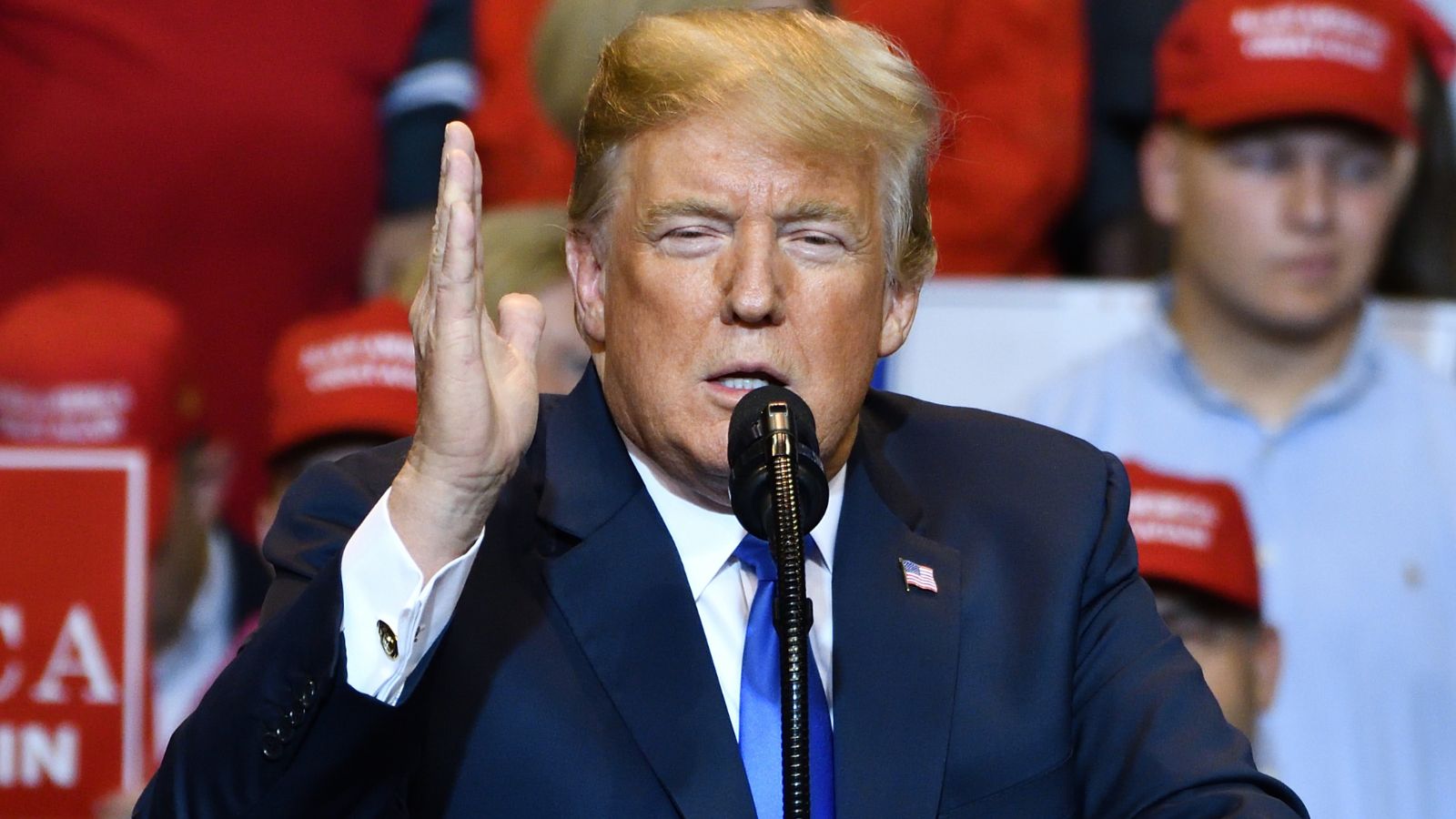
According to NBC, Donald Trump has given a lengthy response to a question regarding age concerns. The former president and Republican presidential nominee candidate, who often says Biden is too old for his job at age 80, is 77.
“Seems Like Pure Racism”: House Approves Marjorie Taylor Greene’s Amendment to Cut the Secretary of Defense’s Pay to $1

The House has approved Marjorie Taylor Greene’s amendment to cut Secretary of Defense Lloyd Austin’s salary to $1.
“In the Far Future, White People Won’t Exist”: Biden Says White People Will Soon Be a Minority in America
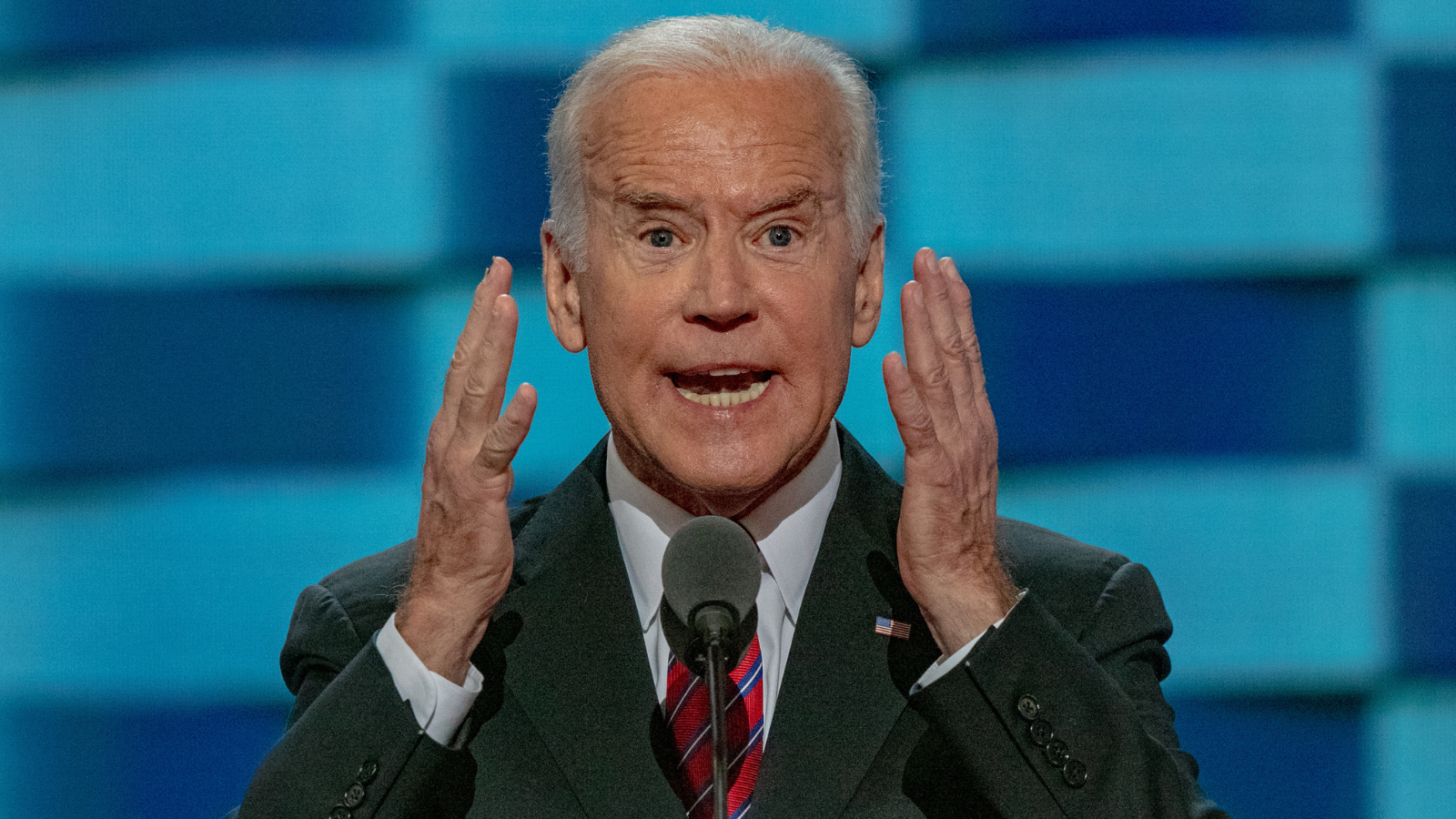
President Joe Biden has boldly claimed that the United States will soon become “a minority-White European country.”
